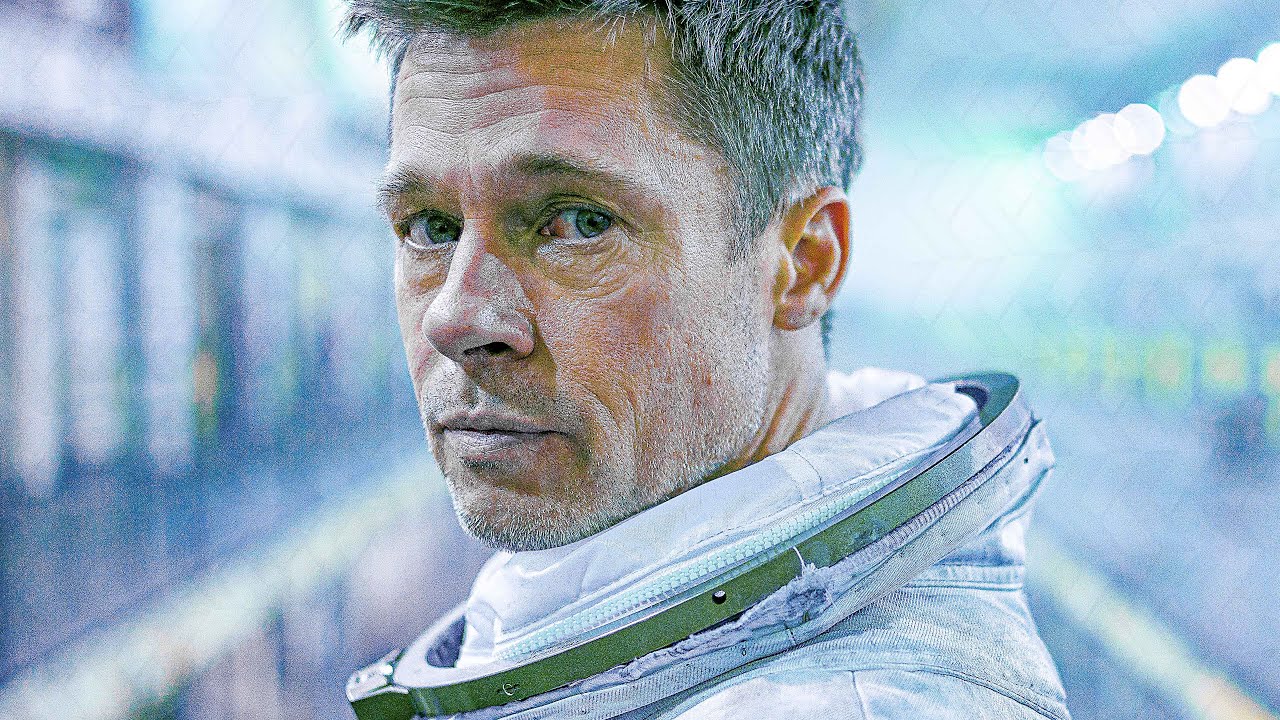
Science Fiction is a genre that has fascinated and permeated the culture ever since people could tell stories. Before there was even a word for technology, early humans were desperate to explain the happenings around them, and crafted stories to make all the mysteries more palatable./ Human existence has always been haunted by the what ifs of the introduction of science and technology into our society, and those fears have, more often than not, translated well onto the big screen.
In 1999 the Wachowskis exploded on the scene and changed the game with The Matrix, a gorgeous and frightening us-against-the-machines story surrounding a core text that asks the question, “What would you do if someone offered you the chance to be who you are, not what society expects you to be?”
In the 80’s Arnold and his Terminator reminded audiences of the dangers of AI and the growing reliance on technology, Blade Runner begged the question, “If all my memories implanted, all my experiences manufactured, but I still believed them to have happened and to be mine, and in my heart and soul I knew them to be true and important… would they still be less valuable than yours, simply because I am not human?”
For decades and decades audiences have flocked to the cinemas to be reminded that they are not alone, and in discovering this they discovered that they were not alone in that fear. Science Fiction is a genre that may never go away, but instead, in the right hands, becomes more nuanced as human society becomes more and more ingrained with technology on a daily basis. As Sci Fi and Fantasy franchises and storytelling become more popular and stretch the limits and seriousness of the genre, filmmakers are still using the genre to tell more human, emotional stories. Over the last 20 years, these 10 films use Sci Fi to tell their stories and remind audiences that sometimes the most difficult and terrifying thing about this existence is being human in it.
1. Coherence (2013)

Over the course of 89 minutes, writer-director James Ward Byrkit takes audiences into a single structure on a night that, with the exception of a comet passing over the house, would be like any other night. Eight friends get together for a dinner party, they drink and they eat and they share a round table presentation of some of their live’s great bummers. Leading up to this dinner the audience is shown phones breaking, power outages, communication breakdowns, and this is all before the brilliant introduction of glow sticks to the plot.
Byrkit uses the story to show that sci-fi can be quiet, subtle, and terrifying. Once all lines of communication are broken, once all of these socialites are severed from their ties to the outside world, they begin to see that sometimes the scariest thing that can happen to anyone could be the idea that they exist. Here, in the dark, as a celestial body passes silently through the night sky, it is the lack of technology that creates the most fear.
2. Safety Not Guaranteed (2012)
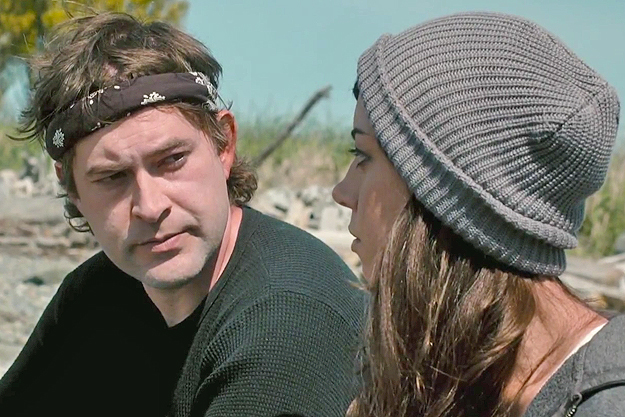
In 2012, Colin Trevorrow directed this incredibly intimate, emotional and devastating little indie drama and showed the world that time travel narratives did not necessarily have to concern themselves with the end of the world, or the shattering of timelines, or the idea of history altering change. In fact, much of the film centers on the idea that time travel does not always need to involve a machine.
The plot focuses on three reporters doing a goof bit for the magazine they work for. Somewhere in the backwoods of nowhere, someone put a classified ad out for companionship in a time traveling mission. Along the way, each character is forced to look at their lives, the things they could have changed, the mistakes they wished they had not made, and the people they wished they had not left behind. Sometimes all it takes to dedicate yourself to the building and piloting of a time machine is the desire to undo the one thing you regret the most, breaking your own heart.
3. Primer (2004)
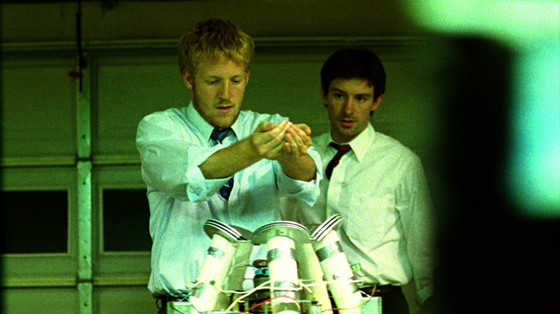
Primer, a film with a major cult following written and directed by Shane Carruth, is a time travel narrative that begs a question. If you built a time machine on accident, learned how to harness its powers, built another machine to help you wield that power, what would you use it for? What if, let’s say, this time machine you built was built by a you that was from six hours in the future, but had gone back into the past using the machine you were about to build in order to make sure the machine you will build will not fall into the hands of a version of you that wants to use this machine for something more sinister than you had originally planned for in the past when you accidentally built this machine?
This film is tight, and suffocating, and exhausting in all the most amazing ways. Its editing is borderline brilliant, its plotting is succinct and fluid and the conflict is so low stakes but feels massive and crippling. A truly genius example of what a filmmaker can do with almost nothing as a budget but an idea and a desire to see that through.
4. Ad Astra (2019)
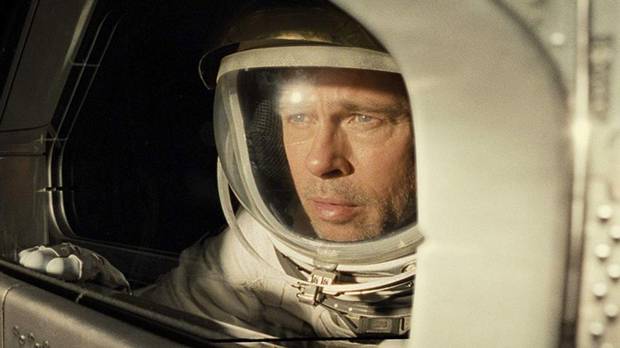
In 2019 James Gray took audiences on a journey to figure out just how lonely space could be, and how lonely a person might have to be to explore it. . What kind of person would you have to be to put yourself through this kind of bodily and mental exhaustion, this borderline torture in pursuit of greatness?
What if you were born too late to be great, as far as astronauts go? What if your trip to the moon was not a perilous mission of survival, but as kushy as taking a red eye to LA from San Diego? What if the moon, when you got there, was just a pit stop? An airport terminal with fast food chains and privatized maps of what corporations owned what parcel? What if in your pursuit of glory and renown you were called upon by your country, not because you were the best option for a top secret mission, but because the man you thought was your hero might be trying to single handedly destroy the planet you’re so desperate to leave. Is that why you left? How far would you have to go, how alone would you have to be, how desperate for approval would you have to be before you could accept this simple truth: that growing up means watching our heroes turn human in front of us.
This “in the near future” sci-fi epic takes Brad Pitt (doing an arguably career best) and launches him to Venus in the hopes that he may be able to convince his father the planet is worth saving, even if he does not believe it himself.
Watch it for all of this, or come for the moon rover Wild West-esque gun fight. Either way, you will not be let down.
5. Colossal (2016)
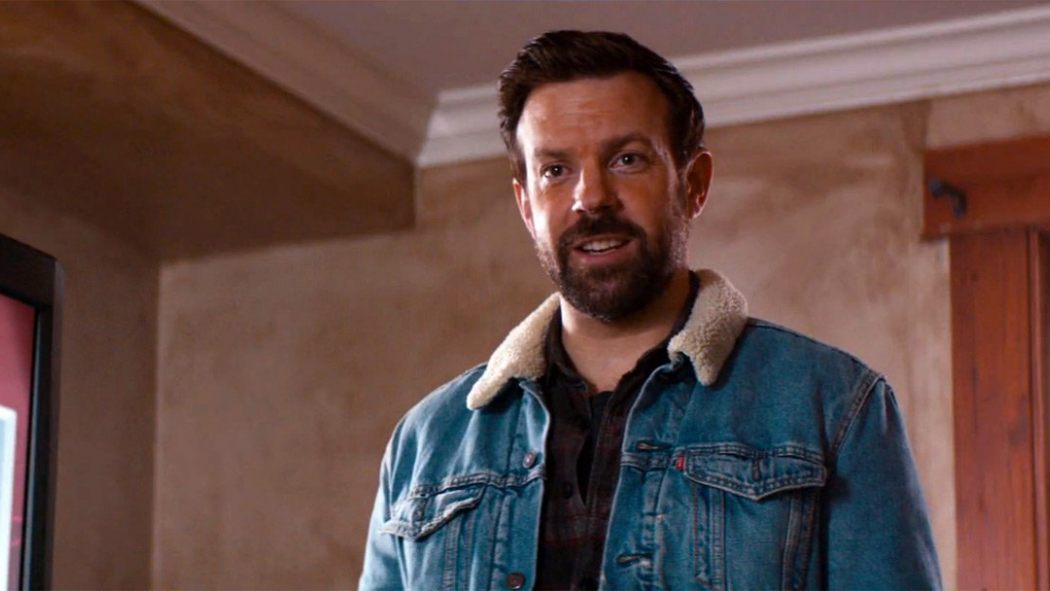
One of the greatest things about films is their ability to provide a mirror to audiences for them to safely relate to the stories that reflect their own lives. Colossal is one of these films, believe it or not. Anne Hathaway plays a woman struggling in the middle of a crisis, a mental breakdown, and the collapse of her life. She is unemployed, unhappy, and struggling with substance abuse. All of these things lead her to the destruction of her romantic relationship, and to the retreat and subsequent hiding back in her home town at her childhood home. Upon her arrival, she reconnects with a childhood friend, gets a job at his local bar, and continues to abuse to keep from having to face the harsh truths of her existence; that it is miserable. Here, normally, is where the film might use subtle metaphors to describe what it feels like to be responsible for the destruction and misery of your own life.
But what if a simple metaphor was not enough? What if, to really examine the reality of the chaos you are causing yourself and the people in your life, the metaphor had to be a reality. What if your trauma, your sadness, your abusive tendencies and desire to implode translated into you becoming a literal monster that was responsible for the destruction of small parts of a major metropolitan area? Anne Hathaway’s character, Gloria, comes to this realization, while also discovering the power and terror of toxic masculinity and what a man might be capable of when he becomes convinced he can save someone to save himself.
Colossal is a powerful and moving movie, at times funny and heart breaking, at others terrifying and hard to watch. It is a film that uses Sci-fi tropes to tell a millennial mental health story, to explore just how huge our individual crises can feel when we are left alone to face ourselves.